182 CD / Auryn’s Haydn: op. 76
Description
"For me, the recordings of the Auryn Quartet are among the most important achievements attained during the Haydn Year 2009 - and doubtless beyond it! Superbly captured by TACET technology, the ensemble with Matthias Lingenfelder is brought to the violinistic summit in a world of fundamental musical experience far removed from all academic setting off of boundaries." (Österreichische Musikzeitschrift)
5 reviews for 182 CD / Auryn’s Haydn: op. 76
You must be logged in to post a review.

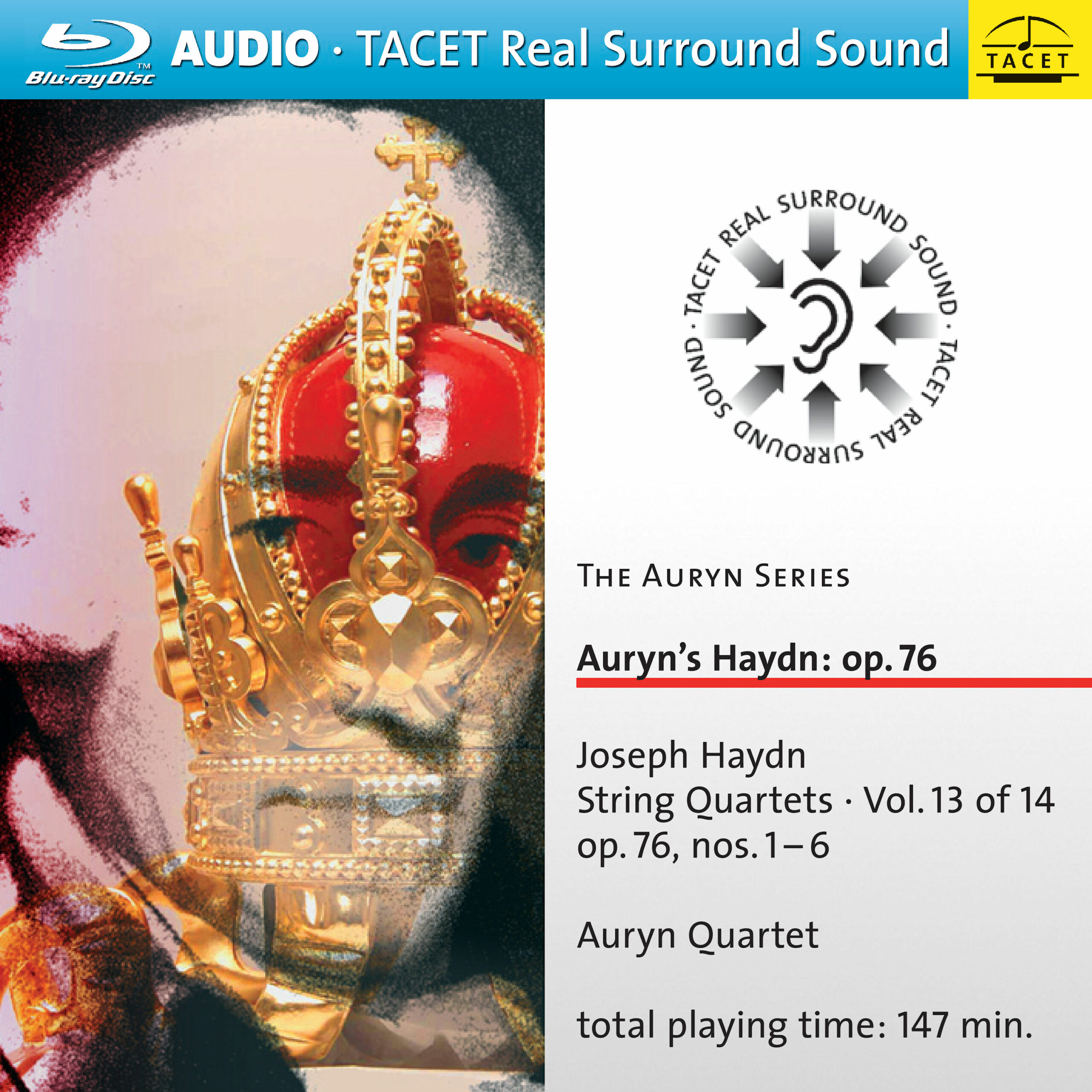
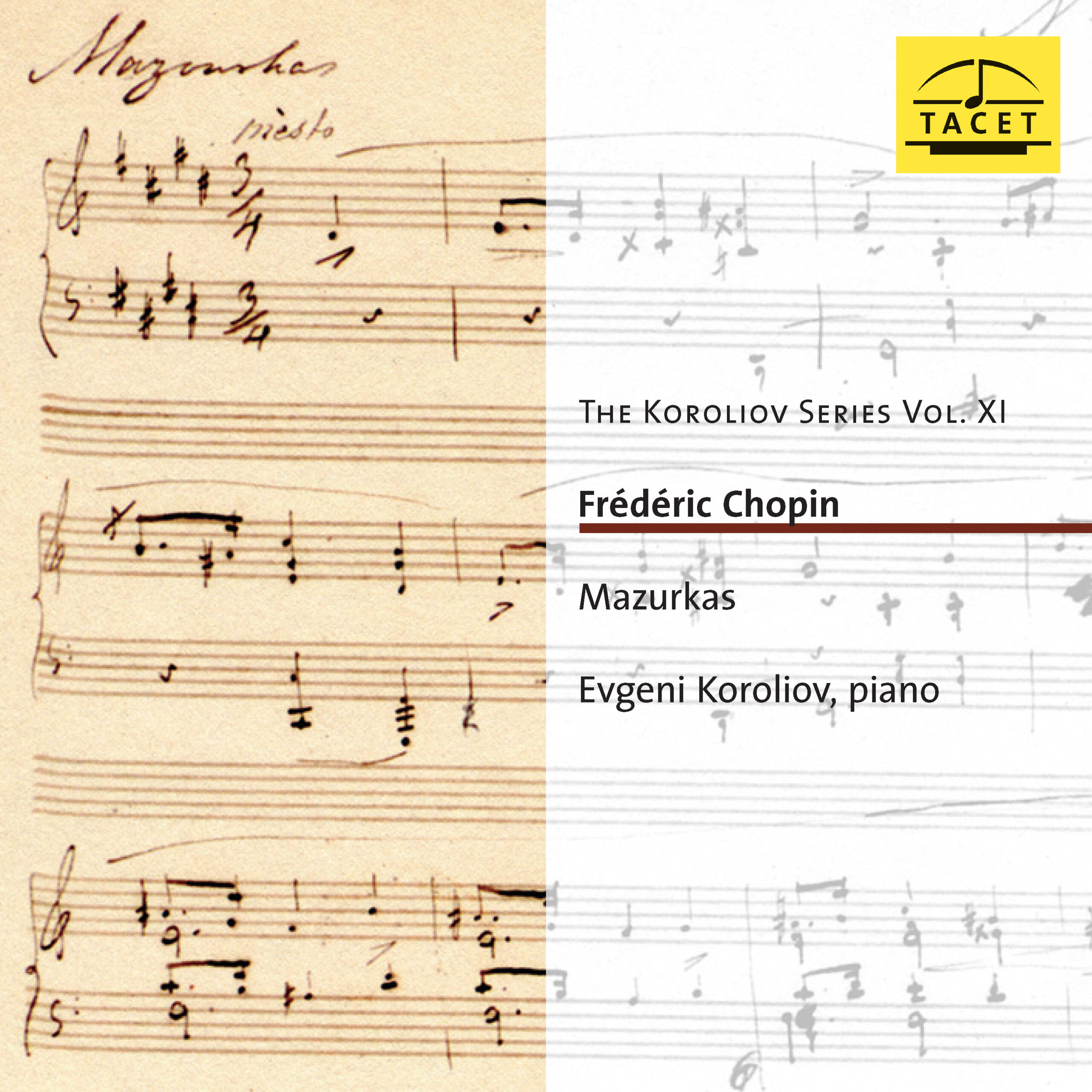
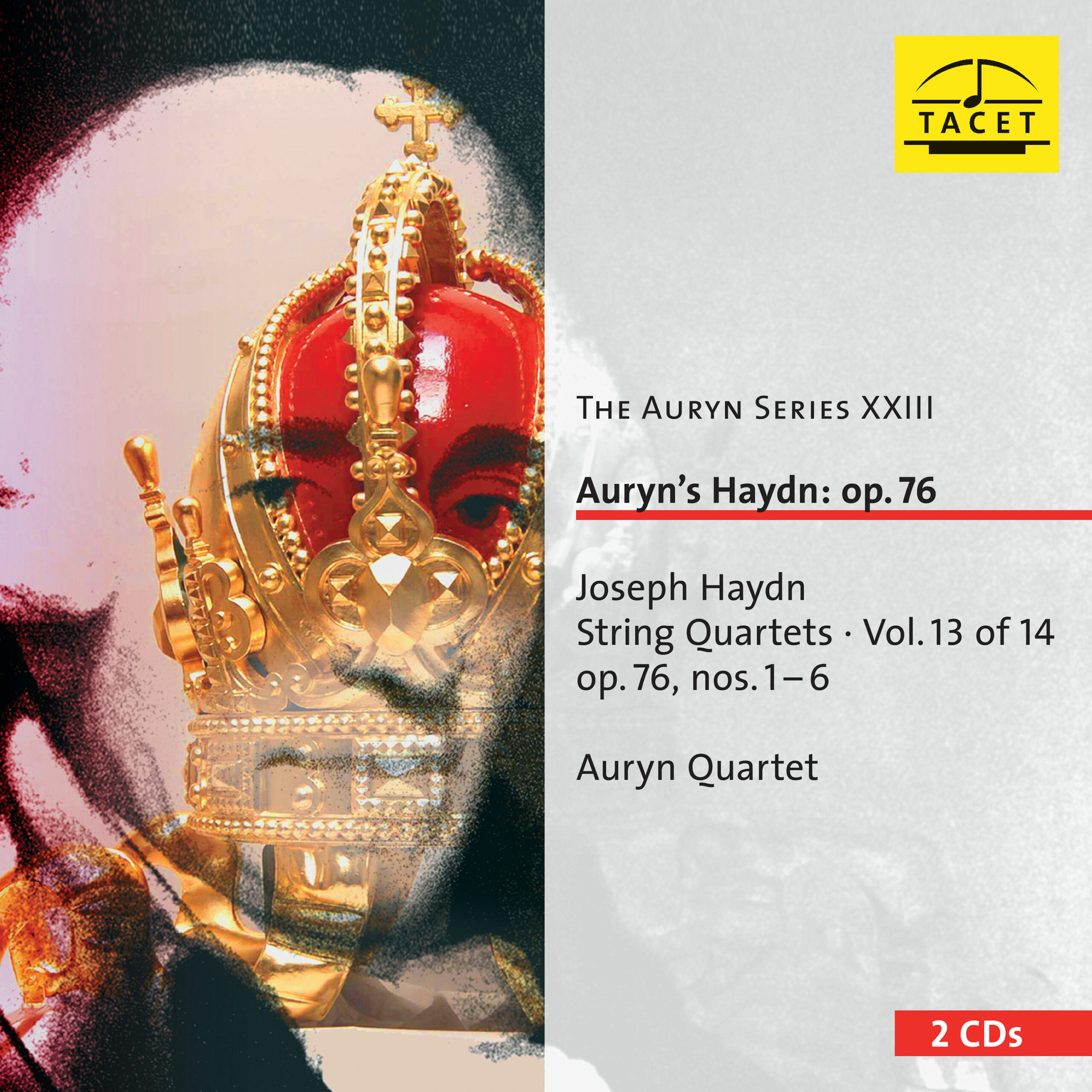
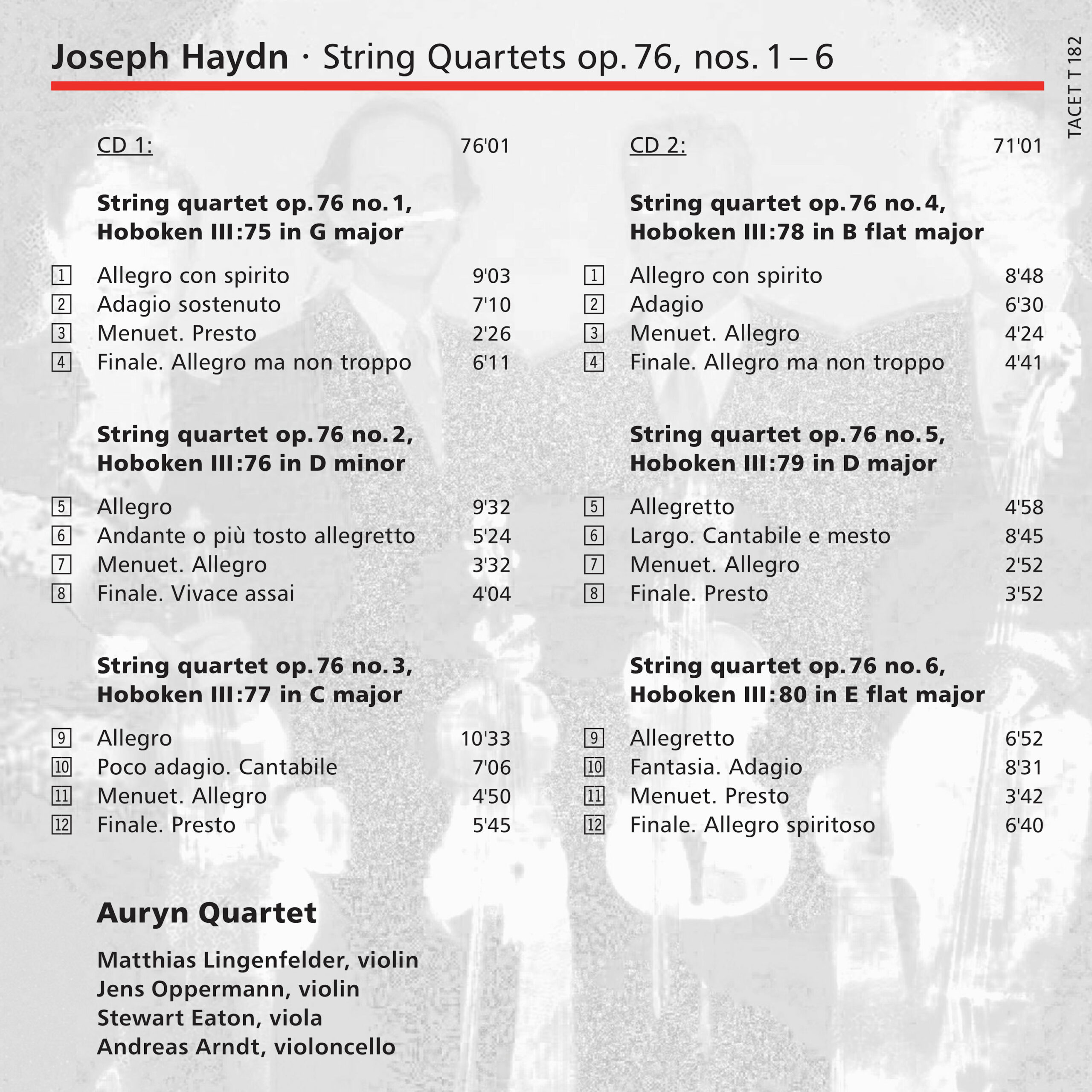
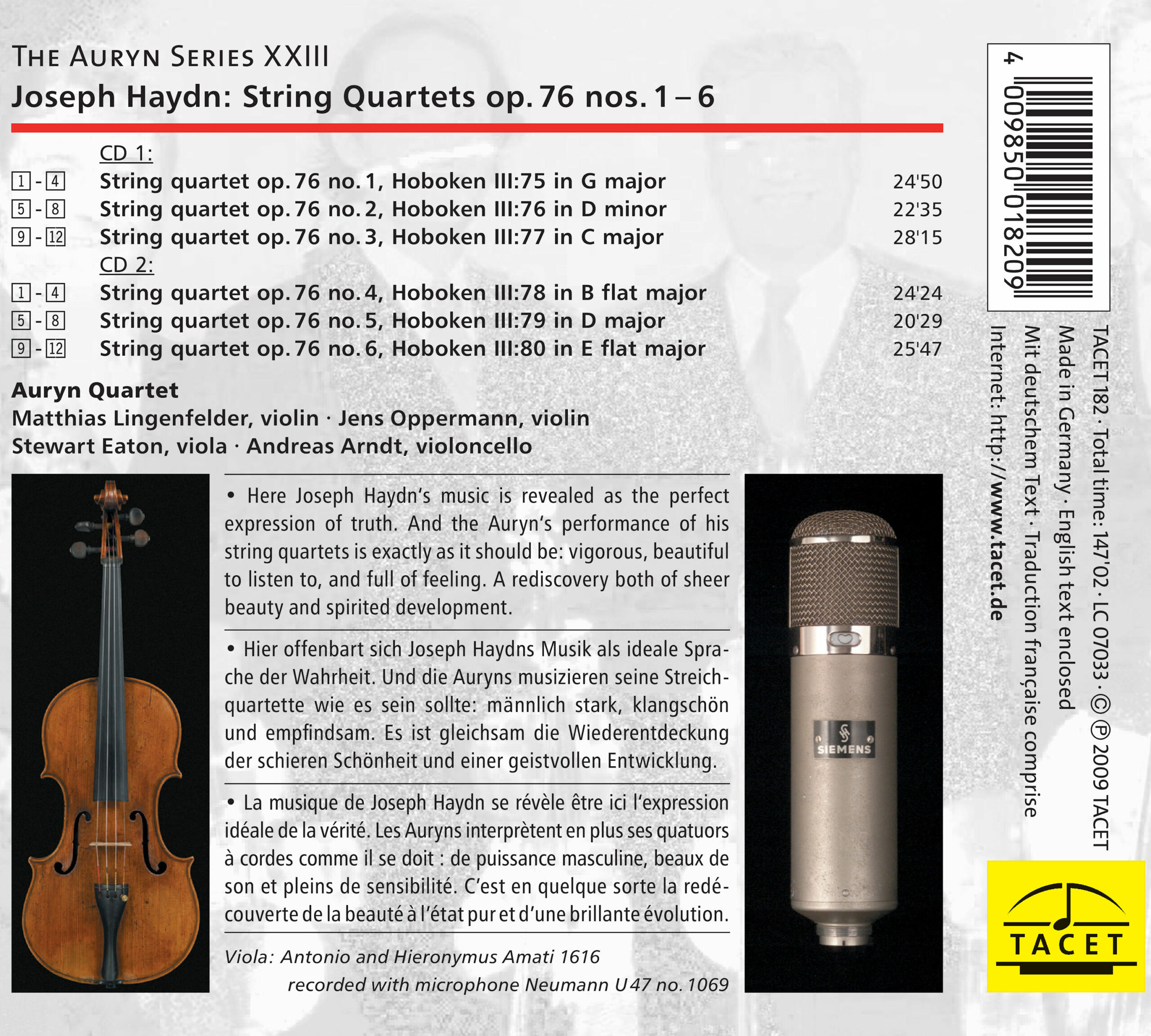


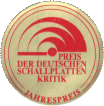

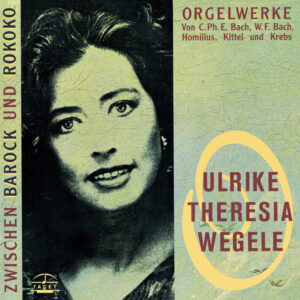
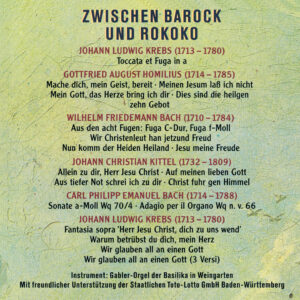
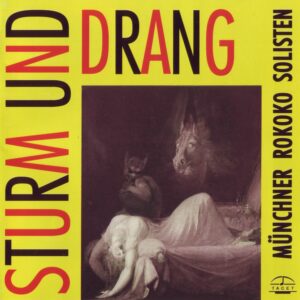
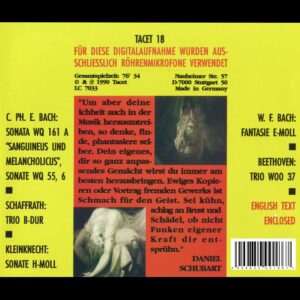
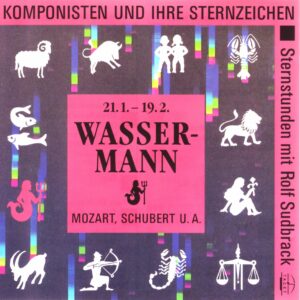
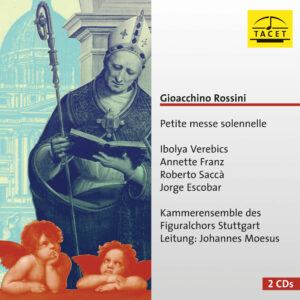
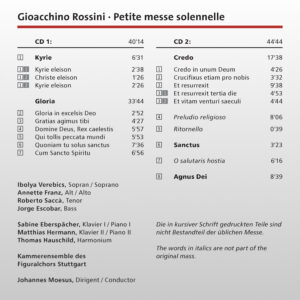
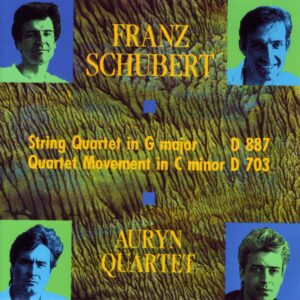
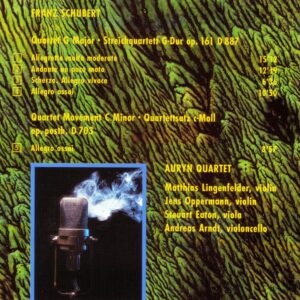
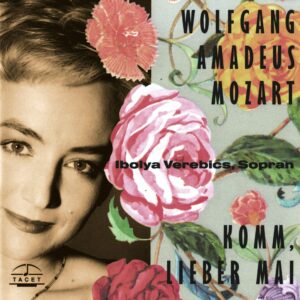
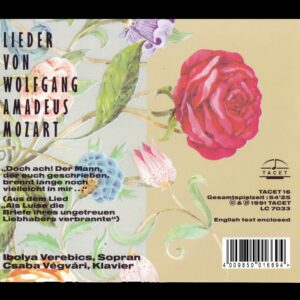
Preis der deutschen Schallplattenkritik –
Laudatio for the Award of the German Record Critics' Annual Prize to the Haydn Cycle by the Auryn Quartet
Joseph Haydn is considered the father of the string quartet genre. The Auryn Quartet recorded his nearly 70 string quartets over a two-year period: for the first time using the critically edited "purified" text, with esprit, lively emotion, and highly differentiated ensemble playing, all within a natural sound space: a small sensation. Such an undertaking requires a label that is not only technically state-of-the-art but also willing to take risks. The Stuttgart-based TACET Musikproduktion has distinguished itself several times through this very combination of skill and daring. Therefore, we award the Annual Prize to the Auryn Quartet and their producer/sound engineer Andreas Spreer for their epochal Haydn project, which is already assured a prominent place in the annals of sound recording.
(For the jury: Thomas Rübenacker)
Kieler Nachrichten –
Exciting events here do not occur through externalities like heated tempos or flashy accents, but from within, through the strength of the spirit. This doesn’t mean that there’s any stodgy sluggishness or cultivated boredom. (...) No wonder, then, that with the enlightened Auryns (...) it is rather the particularly sophisticated movements (...) that begin to shine in the noble clarity of the Auryn interpretation. On the other hand, what also captivates is the noble sensuality and depth with which slow movements, such as the unsurpassed Largo from the D major quartet Op. 76 No. 5, are explored. (...)
Christian Strehk
Österreichische Musikzeitschrift –
One of the most important achievements in the course of the Haydn Year 2009 – and undoubtedly far beyond! – for me are the recordings by the Auryn Quartet. Sonically superbly captured by TACET's technology, the ensemble, with Matthias Lingenfelder at the violin "lead," takes us into a world of musical primal experience far removed from any academic boundaries. Haydn – as these recordings by the Auryns demonstrate once again (or, in this case, even more strongly!) – was mysteriously rooted in the aesthetic ground of his time, delivering what was desired, while at the same time distancing himself from the framework of refined, agreeable chamber music, almost as though he were writing the future of autonomous composition, detached from the conventions of musicianly behavior. The quartet interpreters seem to have embraced this professional-creative dual function, as they navigate through this fascinating yet manageable labyrinth of the familiar and the unheard with a certainty and controlled passion that has rarely been achieved in the history of documented quartet playing.
The overall sound of the ensemble is balanced, harmonious in the restrained beauties of the slow movements. There is breathing space, a mutual respect for each other's solo moments, but in the more aggressive passages, there is also a sense of working and, with respect, fighting against one another. Chamber music at a high level is far from a casual outing; it is the result of often painful, prolonged discussions. This process should continue to be felt in the stage of a mature – though by no means final – interpretation. This is what makes it vibrate, what makes it come alive, when a group of musicians in the studio draws from what has been prepared. Yet, in this return to the rehearsed material, the terrain of artistic freedom should open up, and the surprising, the unexpected – much like in a first, innocent yet simultaneously erotic encounter – should become the guiding beacon.
This and much more is conveyed through these recordings of the six quartets commissioned by Count Joseph Erdödy, which were published in 1799 and 1780. Their musical exceptionalities are also to be understood in the context of the composer's freer working relationship, as well as a response to his great successes during his two trips to England. Haydn paradoxically emancipated himself from himself. The minuets in these quartets almost universally mutated into scherzos! The "Presto" of the G major quartet (op. 76,1) flies by, and the minuet of the quartet op. 76,6 similarly gives itself up breathlessly. "God Save Franz the Emperor" resounds imploringly in the "Poco Adagio, Cantabile" of the C major quartet (op. 76,3). Haydn had elevated his monarchist hymn to an absolute form of quartet variations, thus incorporating it into chamber music practice. May the Auryn Quartet be preserved for us as well! For 28 years now, Matthias Lingenfelder, Jens Oppermann, Stewart Eaton, and Andreas Arndt have been performing in the original lineup of 1981. This is a milestone that only a few string quartets can look back on.
Peter Cossé
Pizzicato –
The Auryn Quartet, on the other hand, always focuses on the substance of the music and offers a more classical interpretation, which, through its very clear articulation of the lines, sounds incredibly current and, in fact, timeless. The very present sound image emphasizes the straightforward and clear playing of the four musicians, so that the impact of the interpretations is not only due to their musical skill but also to the recording technique, which has captured Haydn’s quartets with great presence and attention to detail on the CD.
Steff
Sächsische Zeitung Dresden –
Recently, the Auryn Quartet received the Echo Klassik award for the first part of their complete recording of Haydn's string quartets. Now, halftime has arrived. Volume Seven features on two CDs those six fully matured classics, which were released as Opus 76 starting in 1799. Not only the "Quinten" and "Kaiser" quartets sound magnificent. As for the fact that the glorious Adagio of the C major piece later became associated with the "Deutschlandlied" and acquired stains of blood and rust, Haydn is not to blame. The four Auryn musicians bring us up close to their touching yet noble, direct, and rich performance. The sound space, as usual with TACET, is sensitively illuminated in every detail.
Fazit: Haydn wirkt lebendiger denn je
Jens-Uwe Sommerschuh